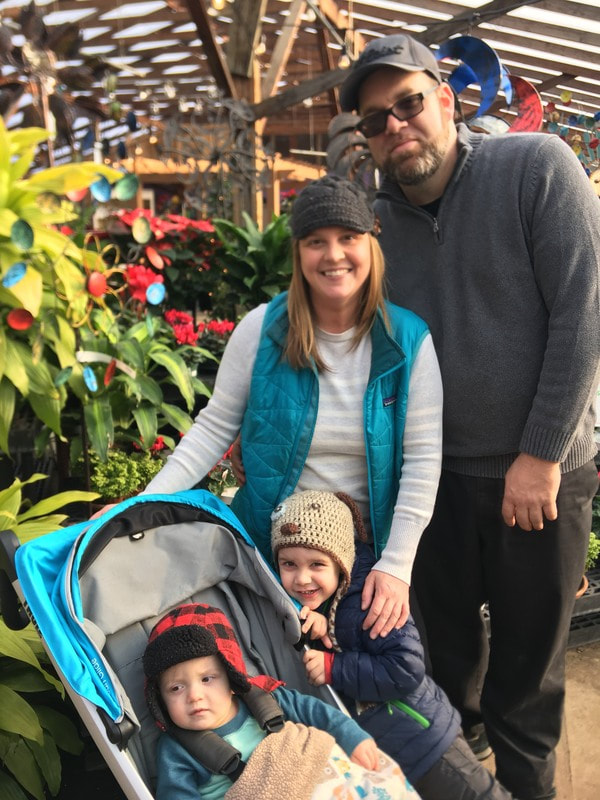|
Through this work it has become quite clear to me the unique challenges faced by today’s youth, including those unique to this region of the state. Social media, socioeconomic disparity, social divisiveness, educational prejudice, a punitive justice system, and a lack of resources are all impacting our children, and rarely in a healthy way. I have 1 and 3 year old sons and I dream of them growing up in a society/community that focuses on healing as its primary guiding principle. My studies in the Master of Arts in Restorative Justice program at Vermont Law School have opened my eyes further to the indigenous roots of these practices. At the heart of these teachings is the concept of healing.
In one of my readings, the director of the Navajo Peacemaking Program stated, “Our main focus is to help the Navajo people not to depend on the court system and not to depend on the police to always resolve their problems. These are your problems, you should be able to fix it yourself. These children belong to you. These relatives belong to you. You should be able to fix it yourself.” (1). The hope for me is that one day the practice of Restorative Justice will be unnecessary. I say this with an understanding of where we are today, and how far we have still have to go. Ultimately my hope is that healing language, and the associated vocabulary, will become the norm in conversations and interactions among community members. That these healing practices might become ingrained in our everyday lives, and that my kids as well as everyone else’s will have a new understanding of empathy, community, conflict, relationships, and justice that will lead to positive outcomes for all, not just a few. My goal is to work every day to make this a reality for all people and all communities. As I often say, If it takes 100 years or more, it will absolutely be worth it! -By Gabe Smith, RJP Mentor Extraordinaire (1) www.tribaljustice.org/2018/08/13/Navajo-peacemaking-the-value-of-traditional-language-in-peacemaking/
1 Comment
|
Archives
March 2021
|

 RSS Feed
RSS Feed